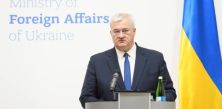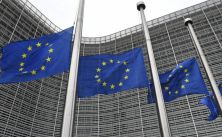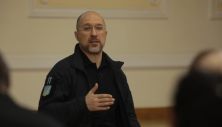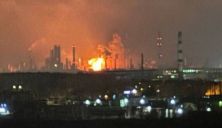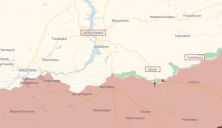The war in Ukraine has demonstrated that European countries must be entirely independent of Russia in the energy sector.
This was stated by Dan Jørgensen, a member of the European Commission responsible for energy and housing, at a press conference on the protection of critical energy infrastructure held in Vilnius, as reported by LRT.
Jørgensen noted that the synchronization of the Baltic countries with Europe on Sunday creates conditions for lowering electricity prices in Europe.
“Synchronization was successfully implemented 10 months—almost a year—ahead of schedule. This was achieved through persistent joint efforts and dedication,” he said.
“There is no doubt that energy policy is also security policy. Unfortunately, today we are in a terrible situation in Europe, where Russia has brutally attacked Ukraine. This affects all of us. Most importantly, it shows that we must be independent. We must be 100% independent of Russian energy resources and its energy systems,” Jørgensen stated.
The EU Commissioner emphasized that today is a particularly important day for all of Europe, not just the three Baltic countries.
“€1.2 billion is a large sum of money. But it is allocated for an important purpose for all of us. Synchronization will help the entire region achieve greater integration of energy systems. It will facilitate decarbonization and allow us to become more competitive. We must aim to lower electricity prices because it will benefit not only our industry but also our households,” Jørgensen explained.
Overall, more than €1.6 billion has been invested in the synchronization project in the Baltic countries and Poland, with approximately €1.2 billion provided by European Union funds.
On Saturday, Lithuania, Latvia, and Estonia successfully disconnected from the Russian energy system (IPS/UPS), which had been in operation since Soviet times, and began operating in an isolated mode. On Sunday, at 14:05, they connected to the Western European power grids.
Estonian Prime Minister Kristen Michal called this a “historic day,” while his predecessor, now the EU’s chief diplomat Kaja Kallas, described the event as a “victory for freedom and European unity.”
Lithuanian Prime Minister Gintautas Paluckas expressed confidence that the disconnection of the three Baltic states from Russia’s energy system strengthens their energy security.
